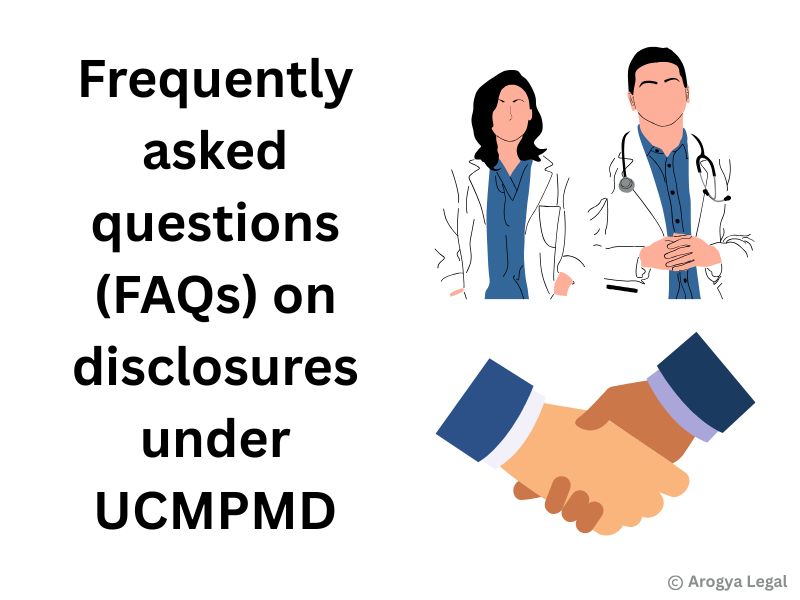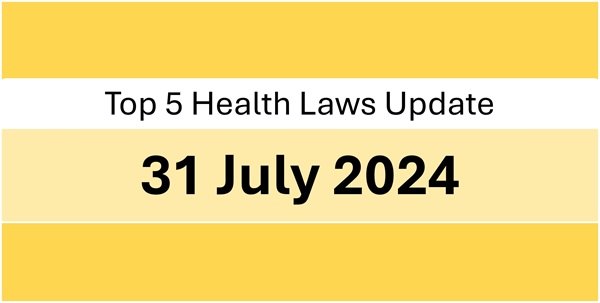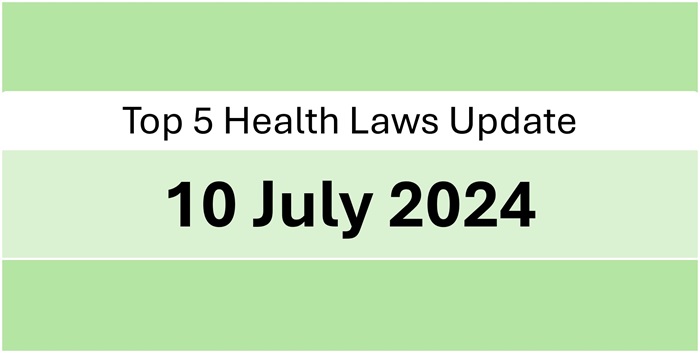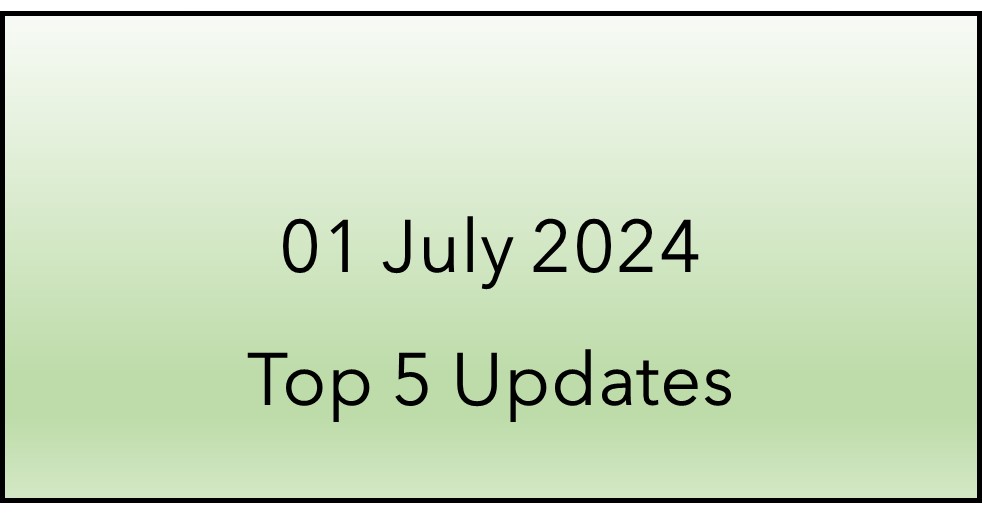Introduction
The Uniform Code for Medical Devices Marketing Practices, 2024 (UCMPMD) requires all medical device companies in India to submit a self-declaration-cum-undertaking from its CEO (“Self-Declaration”) and a disclosure of marketing expenditures in a prescribed format (“Marketing Expenditure Disclosure”).
As part of Marketing Expenditure Disclosure, the medical device company has to disclose the expenditure incurred by it on free evaluation samples, Continuing Medical Education (CME) event/Continuing Professional Development (CPD)/Seminars and such other events conducted by the medical device company or organized through third parties such as professional associations of HCPs. When a medical device company conducts a CME/CPD event, information relating to the associated expenditure must be disclosed on the company’s website. However, if such an event is organized by a third party, details of the expenditure, along with a statement of funding sources, must be published on the organiser’s website.
The self-declaration and expenditure disclosure for any financial year have to be submitted anytime before the expiry of two months from the end of every financial year. Accordingly, the deadline for filing the declaration is May 31, 2025 for the financial year 2024-25.
In this article, we have sought to respond to some of the frequently asked questions about these compliances.
1. Where is the self-declaration and disclosure of marketing expenditure form required to be submitted?
The Self Declaration is required to be submitted with the industry association of which the medical device company is a member. The Self-Declaration, once submitted to the association, will get published on the website of such industry association.
If a medical device company is not part of any association, or is part of more than one association, it can submit the self-declaration at dop.ucpmp@gov.in.
In addition, the Self-Declaration and Marketing Expenditure Disclosure are required to be submitted on the UCPMP Portal of the Department of Pharmaceuticals (DoP). The said portal was not functioning at the time of publication of this article.
2. Is it legally mandatory to submit a self-declaration and disclosure of marketing expenditure?
While UCMPMD is not a law, we understand that various medical device associations have taken interest in enforcing compliance of the UCMPMD among its members. If a medical device company is not a member of an association, then there may not be any real consequence for it if it fails to submit a Self-Declaration and Marketing Expenditure Disclosure.
3. Is the requirement of submission of self-declaration and disclosure of marketing expenditure applicable to only importers or manufacturers of medical devices or to marketers and distributors of medical devices as well?
The UCMPMD applies to any medical device company which is engaged in activities covered by the UCMPMD, including promotion and marketing of medical devices, and therefore applies to not just importers and manufacturers , but also to marketers and distributors of medical devices.
4. Do small and medium-size medical device companies have to submit self-declaration and disclosure of marketing expenditure?
Small and medium-sized medical device companies are not exempt from applicability of UCMPMD. Therefore, they should also submit the Self-Declaration and Marketing Expenditure Disclosure.
5. What happens if a medical device company does not submit self-declaration and disclosure of marketing expenditure?
If a medical device company fails to submit the required Self-Declaration and Marketing Expenditure Disclosure, it may face disciplinary action from its industry association. Such actions can include suspension, expulsion, public reprimand, or the requirement to issue corrective statements. Please note that there are no direct and upfront legal consequences for non-submission.
6. If a medical device company CEO submits a self-declaration of compliance with UCMPMD but it is later found that the company has not complied with UCMPMD, will there be any personal consequence for the CEO of the Company for giving a false declaration?
No. There should not be any personal consequences for the CEO of the medical device company, in case it is later discovered that the medical device company has breached the UCMPMD. While the UCMPMD states that “the Chief Executive Officer is itself responsible for the adherence to this Code”, the UCMPMD itself does not stipulate any penalty or consequence for CEO in case of non-adherence , and Indian Courts have repeatedly held that the CEO is not liable for acts or omissions of the Company unless there is a causal connection between CEO and said acts and omissions (for example, where they have knowledge of breach or consent to specific acts or omissions by the company).
7. Is it mandatory to co-operate with regulatory authorities in any enforcement or regulatory action after giving an undertaking to that effect?
The Self-Declaration contains an undertaking that the medical device company will extend all required assistance to authorities for the enforcement of the UCMPMD. However, if for any reason, the medical device company does not wish to co-operate with the authorities, then there should not be any legal consequences for the medical device company for doing so. The consequences, if any, may arise at the level of industry association (refer response to FAQ 5) or from an optics perspective where non-co-operation despite promise may be perceived as evidence of wrongdoing or guilt.
8. What if a medical device company submits incorrect or incomplete information in the disclosure of marketing expenditure?
The Marketing Expenditure Disclosure form contains a reference to Section 405 of Companies Act, 2013 which provides for punishment in case the information provided is incorrect or incomplete in any material respect. However, from legal perspective, it appears highly improbable that Section 405 can be used by authorities against a medical device company for submitting incorrect or incomplete information, because Section 405 has certain pre-conditions for enforcement which are not met by UCMPMD. Moreover, Section 405 can only be used against companies, and not proprietorships or partnership firms.
Please note, however, that any information (including incorrect or incomplete information) may be flagged to regulators including tax authorities which may result in tax related consequences.
9. Are the costs of sponsorship of speakers who are HCPs required to be disclosed?
It depends. The Marketing Expenditure Disclosure requires disclosure of cost of sponsorship of CME events organized by company or sponsored by company (and organized by third party).
If a medical device company has budgeted expenditure towards cost of travel and hospitality of HCPs in events either organized or sponsored by it, then it ought to be disclosed. However, it ought not to be disclosed as a separate line item (only aggregate total expenditure ought to be disclosed).
If, however, a medical device company has sponsored costs of travel of HCP who is a speaker, at an event that is neither organized or sponsored by it, then such an expenditure is permitted and may not have to be disclosed.
10. Are the costs of travel and hospitality of HCPs who are consultant required to be disclosed?
No. The disclosure requirement does not extend to travel and hospitality costs for HCPs who serve as consultants or advisors under a valid contract, since such engagement with the HCP are permitted and also falls outside the scope of CME,CPD events.
11. Are the costs of travel and hospitality of HCPs who are customers required to be disclosed?
The costs of sponsoring travel and hospitality of existing or potential customers of medical equipment, who happen to be HCPs, is a grey area under UCMPMD. However, the disclosure requirement specifically extends to payments or support for CME, CPD, training, seminars, conferences, and workshops. Applying the principle of ejusdem generis, only those payments or benefits that are similar in nature to CME, CPD, training, seminars, conferences, or workshops fall under the disclosure requirement. Therefore, costs of travel and hospitality of HCPs who are customers may not be required to be disclosed.
12. If the foreign affiliate of the medical device company has sponsored the cost of travel and hospitality of the HCP, are such costs required to be disclosed?
The UCMPMD does not apply to foreign affiliates of medical device companies. So, if a foreign affiliate of a medical device company sponsors travel and hospitality of an Indian HCP, whether for India or International travel, it should not be governed by UCMPMD. Please note that there is a principle of law which states that what cannot be done directly cannot also be done indirectly. Therefore, the medical device company in India shouldn’t use (and shouldn’t appear to be using) foreign affiliate to pay for travel and hospitality of Indian HCPs.
13. Are commercial packs which are provided free of charge (FOC) to customers for demonstration or commercial evaluation supposed to be disclosed?
The UCMPMD would ideally cover FOC products that are given for demonstration or sample purposes, since such activities may fall within the scope of promotion or marketing. Therefore, such commercial packs may have to disclosed as well.
On a separate note, it is worth nothing that UCMPMD requires companies to maintain detailed records of all free evaluation samples distributed, including the quantities and recipients.
14. Is the expenditure incurred on putting stalls at events or advertisement at events required to be disclosed by medical device companies?
Yes, the definition of “expenditure” is non-exhaustive and includes various forms of actions such as advertising, installation of stalls, and providing souvenirs. Hence, a medical devices company undertaking such expenditures can be said to be organising a CME Event through a third party, triggering disclosure requirements.
[Note: These FAQs are provided for informational purposes based on our understanding of the relevant laws and regulations. They should not be construed as legal advice, professional guidance, or an endorsement of any particular industry practice.]





